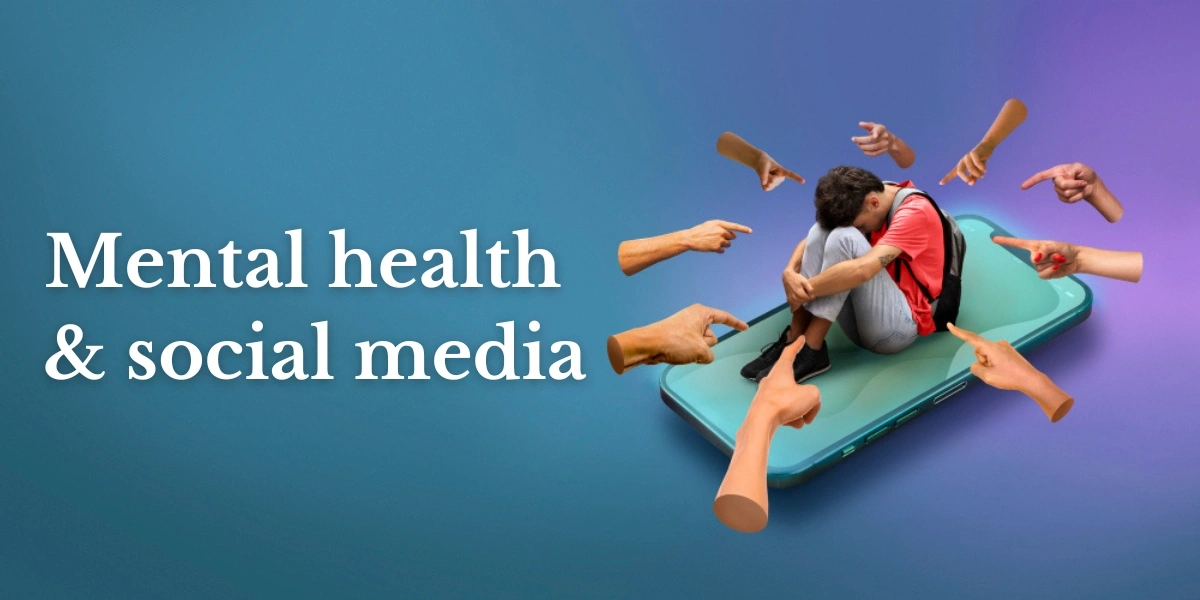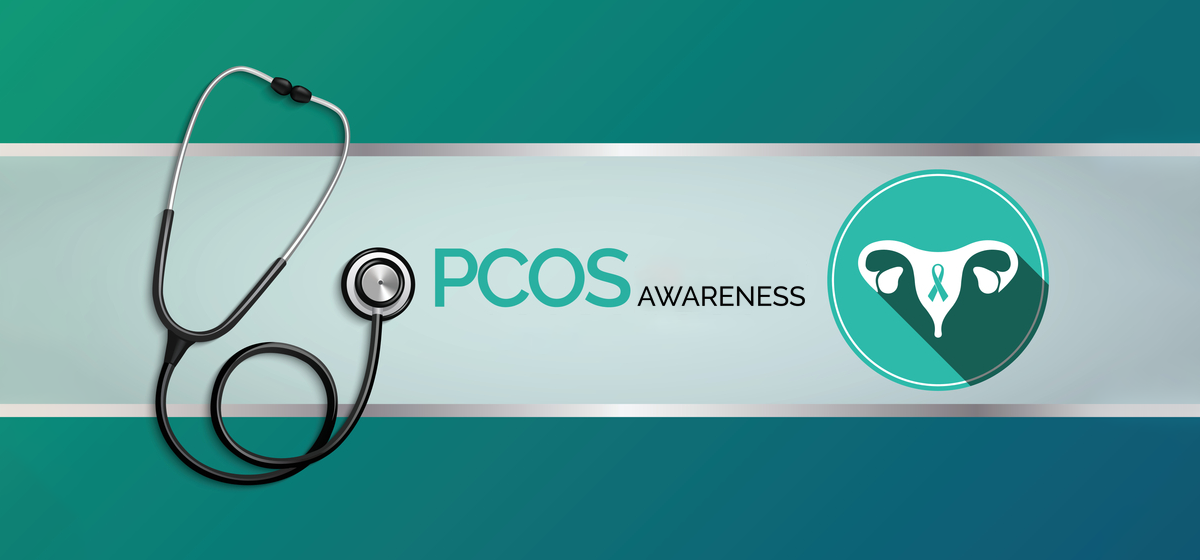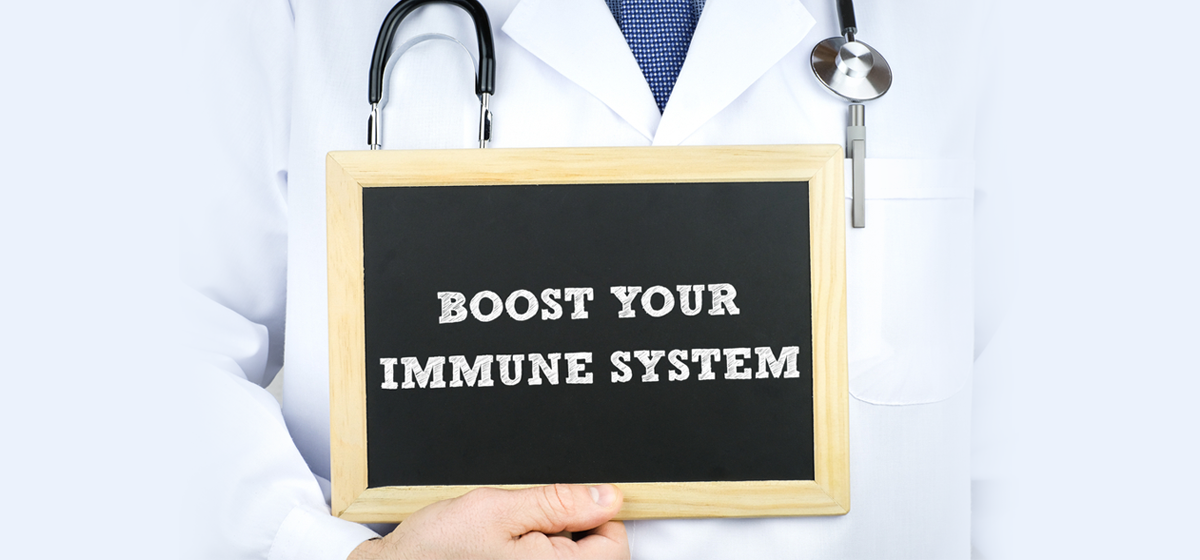Social media is now deeply woven into our daily routines. We scroll through posts, watch videos, and chat with friends. While it can help us feel connected and informed, it also has a dark side. Spending too much time online or comparing our lives with others can lead to stress and anxiety. That’s why it’s important to understand the impact of social media on mental health—and why digital wellbeing matters more than ever. Learning how to stay balanced in a digital world is key to protecting your peace and mental health.
How Social Media Silently Affects Our Mental Wellbeing
Using social media now and then is not a problem. But when it becomes a habit, it starts affecting how we think and feel.
Here are a few common mental health issues caused by too much social media:
- Low self-esteem from comparing yourself to others
- Anxiety due to constant notifications or messages
- Depression from feeling left out or isolated
- Sleep troubles from scrolling late into the night
- Mood swings based on online likes or comments
These effects are often silent. We don’t notice them right away, but they build up over time.

When Social Media Turns Toxic
Social media can become toxic when it starts harming our peace of mind. This happens when:
- We feel pressure to post perfect photos or updates
- We keep checking who liked, shared, or commented on our posts
- We experience cyberbullying or negative comments
- We get addicted to scrolling without any purpose
- We feel drained, even after spending hours online
Instead of making us happy, social media may start making us feel tired, sad, or irritated.
Understanding Digital Wellbeing
Digital wellbeing means using technology in a way that supports your health and happiness. It’s about staying in control of your screen time and online habits—so they don’t control you.
Living a healthy digital life doesn’t mean deleting all your apps. It means:
- Being mindful of how often and why you use them
- Choosing who and what you follow carefully
- Taking regular breaks from screens
- Protecting your peace and mental health
Building Habits for a Healthy Digital Life
Here are some simple habits you can follow to take care of your mental health while using social media:
1. Limit Your Screen Time
- Use built-in screen time tools on your phone
- Set daily time limits for social apps
2. Take Digital Breaks
- Stay offline for a few hours each day
- Try “No Screen Sundays” or short digital detoxes
3. Curate Your Feed
- Follow people who inspire or educate you
- Unsubscribe from pages that affect your mental wellbeing negatively
4. Turn Off Notifications
- Reduce distractions and pressure to check your phone
- Check apps only during fixed times in the day
5. Avoid Late-Night Scrolling
- Keep your phone away an hour before bedtime
- Choose reading or relaxing music instead
6. Focus on Real-Life Connections
- Spend more time with family and friends
- Make time for offline hobbies or outdoor activities
Creating a Positive Relationship with Social Media
A healthy digital life is possible when you’re aware of your online habits. Here’s how to make your social media experience more positive:
- Use social media for learning and growth, not just for entertainment
- Don’t compare your behind-the-scenes with someone else’s highlights
- Share real and meaningful content, not just perfect moments
- Reach out for help if something online makes you feel upset
Why Digital Wellbeing Should Be a Priority
In today’s world, where we are surrounded by technology, digital wellbeing is more important than ever. Just like we take care of our diet and exercise, we also need to take care of how we use our devices.
Benefits of a healthy digital lifestyle:
- Better sleep and focus
- Reduced stress and anxiety
- Stronger relationships
- More time for self-care and real experiences
Final Thoughts
Social media is here to stay—but we can choose how we use it. When used wisely, it can be a source of joy and learning. But if not managed well, it can become a source of stress and sadness.
Start small. Notice your habits. Make time for real-life moments. Your mental health is worth it.
Stay mindful. Stay balanced. That’s how you achieve true digital wellbeing.





